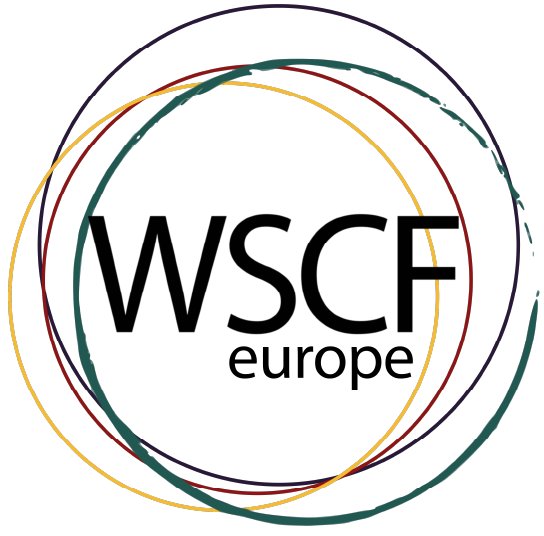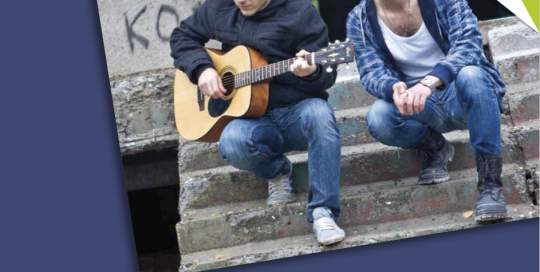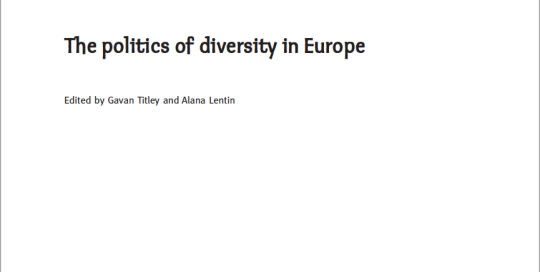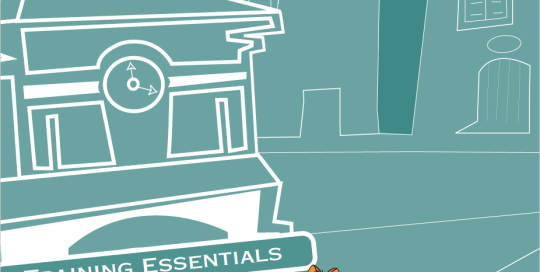T-Kit 12: Youth transforming conflict. The thematic field represented by the intersection between conflict, youth and educational practice is an obvious choice considering these criteria. Many youth organisations and youth work services work actively and focus on dealing with conflicts of different kinds. Nevertheless, these often lack resources, relevant information and methods for their daily

Intercultural learning in non-formal education
WSCF2021-11-25T23:03:42+01:00Intercultural learning in non-formal education. Intercultural learning has long held a central role in European youth work and policy, especially in international youth exchanges. The expectations placed on intercultural learning as a process, as an educational and social objective and, lastly, as a political attitude in relation to diversity remain fully relevant in Europe today.

T-Kit 4: Intercultural Learning
WSCF2021-11-25T23:03:24+01:00T-Kit 4: Intercultural Learning. The result is a revised T-Kit intended as an educational material for youth workers, educators and trainers to understand what intercultural learning is and how to best consider it and enhance it when planning, running and evaluating activities with young people. The ultimate aim of these educational processes is to enable
The politics of diversity in Europe
WSCF2021-11-25T23:03:15+01:00The politics of diversity in Europe. It is this apparent acceptance of diversity as a fact and value that this book sets out to examine, in a range of ways, it offers a countervailing assessment of ‘diversity; seeing it less as a unifying social imaginary and more as a cost-free form of politics attuned to

Intercultural dialogue guidelines
WSCF2021-11-25T23:03:05+01:003. Intercultural dialogue guidelines. Guidelines for intercultural dialogue in non-formal learning / education activities. These guidelines were created to support organisers of youth activities to consciously embed intercultural dialogue in their projects. The guidelines refer to learning principles, methodologies and practices. While there is no universal recipe for addressing intercultural dialogue, the use of certain principles

Toolkit – Toolkit on Interreligious Dialogue in Youth Work
WSCF2021-11-25T22:59:05+01:002. Toolkit – Toolkit on Interreligious Dialogue in Youth Work. This toolkit was developed by the European Youth Forum, under the theme “Living Faiths Together, and to mark the European Year of Intercultural Dialogue (2008). The toolkit offers detailed information and practical tips on organising intercultural activities for young people and on the role that

Universal Day of Prayer for Students 2009
WSCF2021-11-25T22:54:59+01:00Universal Day of Prayer for Students 2009. In 2009, the Universal Day of Prayer for Students focused on the themes of identity, diversity and dialogue. These were discussed as reflections of personal, social and ethnic individuality, and as encompassing tolerance and acceptance. The materials and liturgy were prepared by the Middle East region of WSCF. 8. UDPS
Tool Kit- Training Essentials
WSCF2021-11-25T22:52:27+01:00T-Kit 6: Training Essentials. This T-Kit addresses itself to trainers working within a European framework. It proceeds by assuming that they will be working with a multicultural group and team, in an activity that demands careful planning and input from them, and in training situations which pose a range of personal and professional questions. While

Policy Paper – Resolution of the 35th General Assembly of the World Student Christian Federation
WSCF2021-11-25T22:48:58+01:00Policy Paper – Resolution of the 35th General Assembly of the World Student Christian Federation. This policy paper was discussed and approved by the 35th General Assembly, which took place in Bogota, Colombia, in 2015. It makes a number of recommendations for the future programme of work of the Federation, both globally and in each



